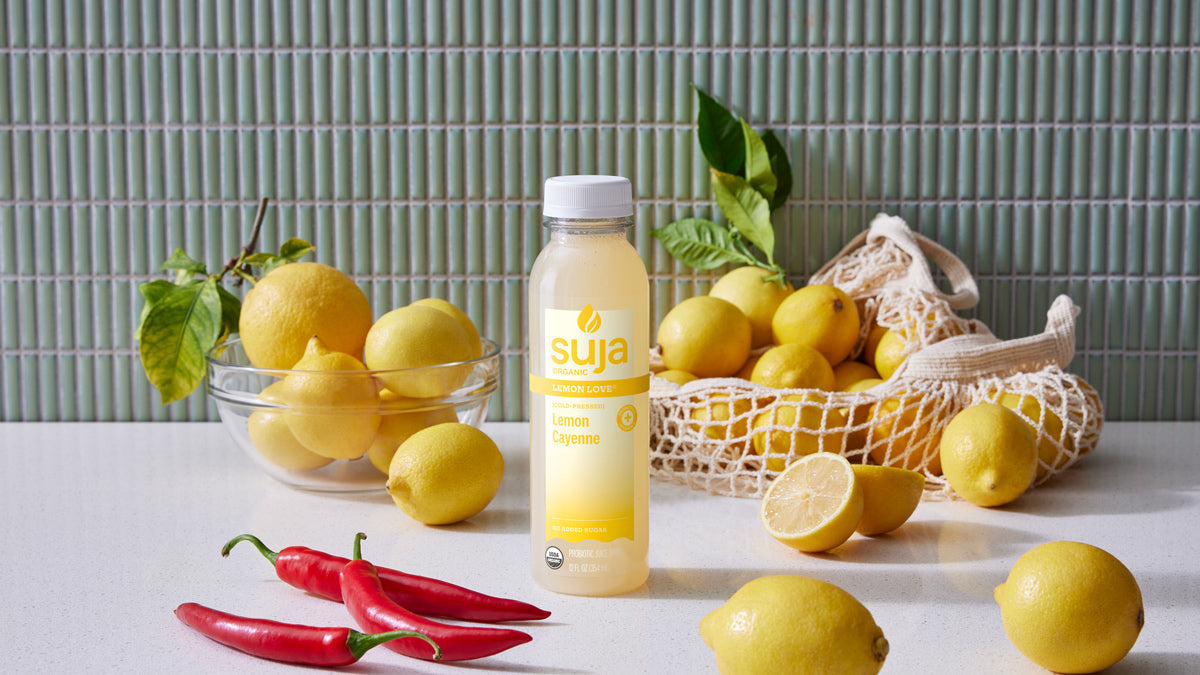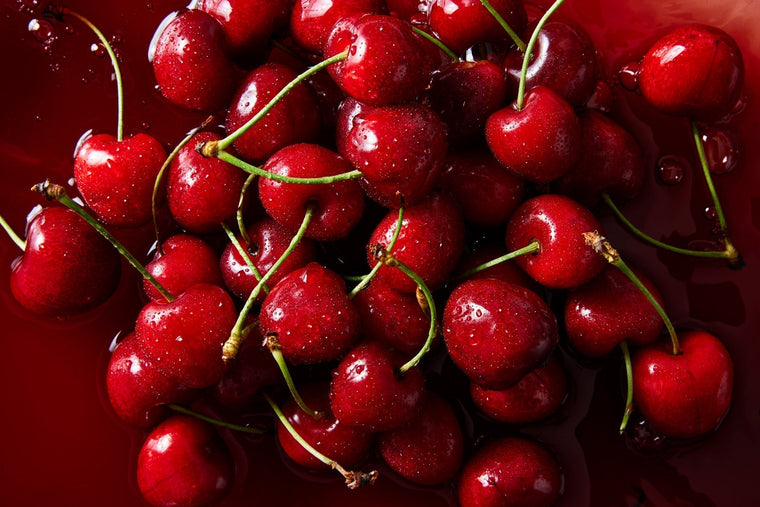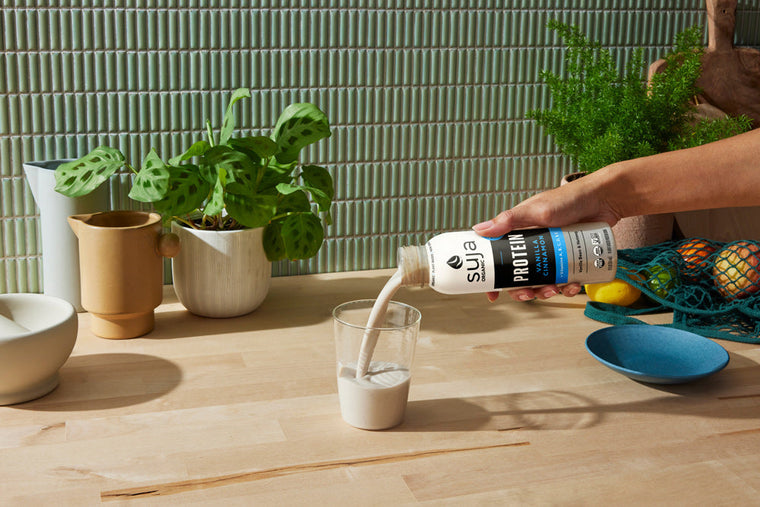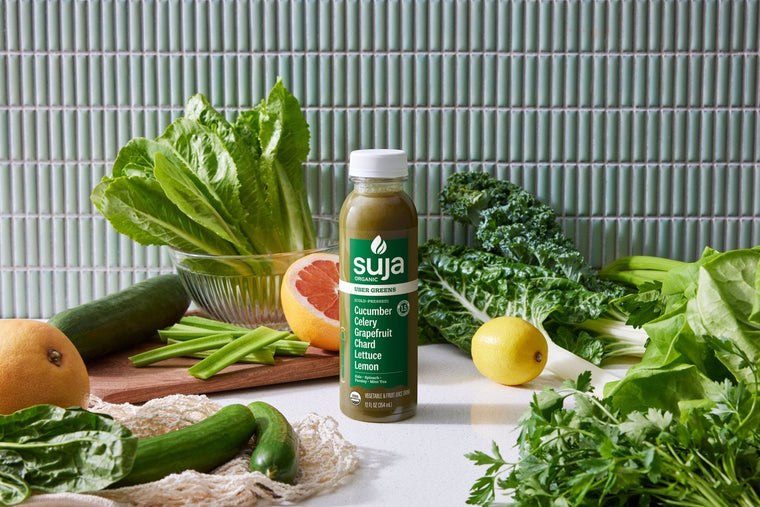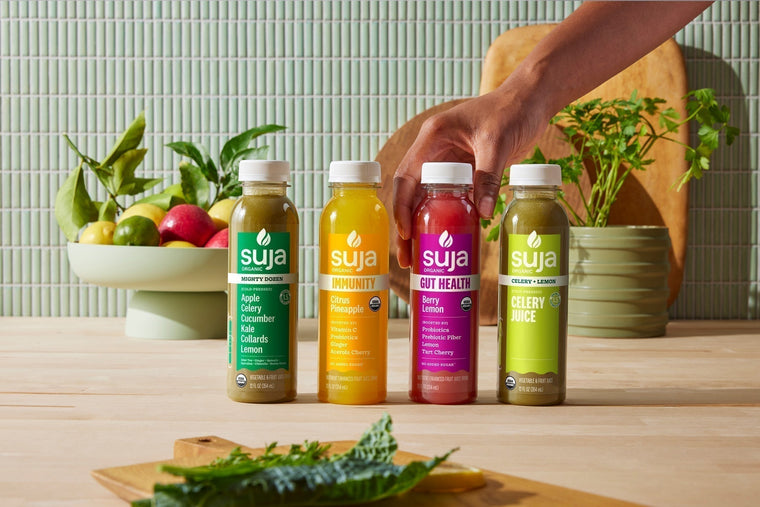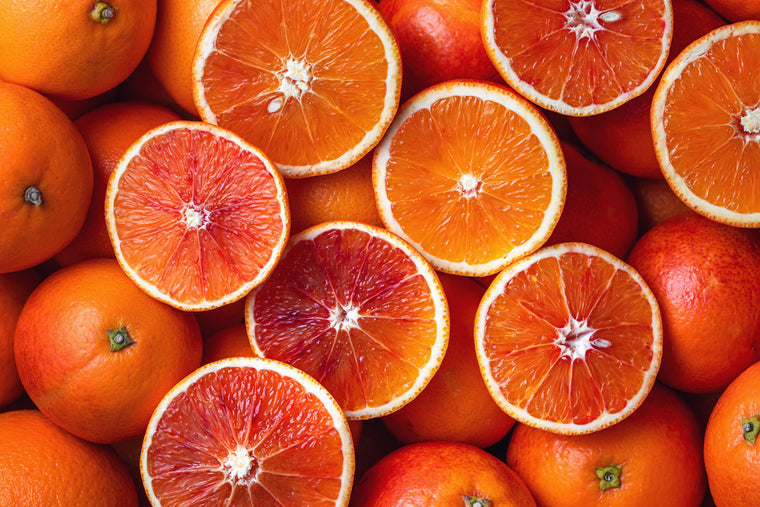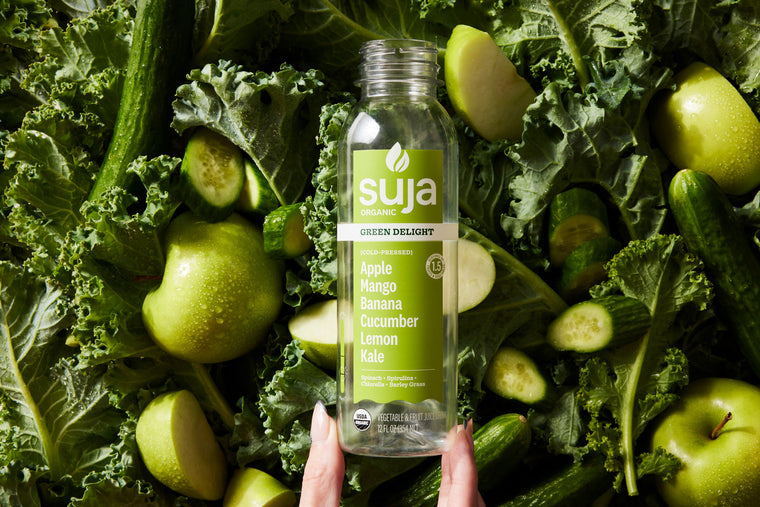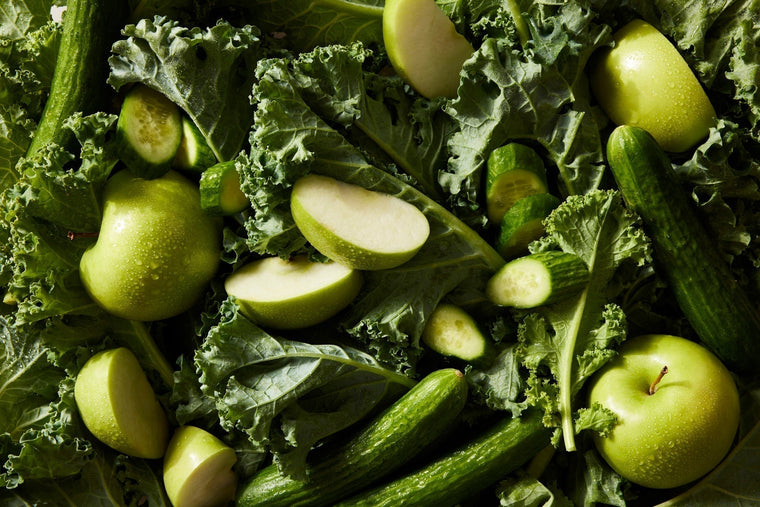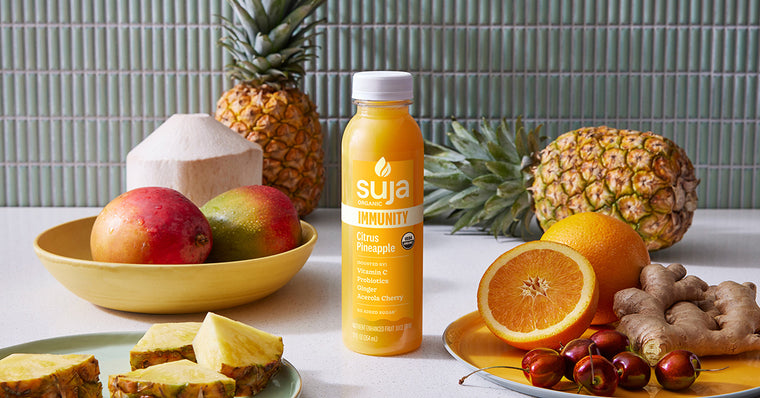When you daydream about your go-to citrus fruit, visions of that delightfully sour, ultra-juicy superfood with bright Amarillo skin might pop up. There’s a reason why lemons are a favorite commodity in many households.
Whether you squeeze them into a refreshing drink or use them as “zest” in a baked good, lemons are those little multi-purpose superheroes we adore. Plus, did we mention lemons are filled to the brim with health benefits?
Today, we’re diving into six ways to add lemons to your diet so that you can use them to their fullest potential!
6 Ways to Add Lemon to Your Diet
Before we elaborate on the best ways to eat lemons, let’s chat more about the health benefits that may support a healthy diet due to a chock full of fiber and essential vitamins!
According to the USDA, a raw lemon contains 53 mg of vitamin C, which can give your immune system an extra layer of protection!1 On top of this, vitamin C is an incredibly important antioxidant that may support overall skin health.2 Also, with 2.8 grams of fiber, lemon can help your digestive system move more smoothly, which is always a bonus in our book.3 Now that you know some “lemon 101,” here’s how to incorporate lemons into your diet.

1. Water or Tea
Mixing lemon in your hot or cold water may give your digestive system a sweet little boost. Plus, it’s a prime way to absorb those vitamins we mentioned earlier AND it’s low-calorie.
🍋 You Need More Lemon Love 🍋
Craving a revitalizing, cold-pressed lemonade treat? You need some Lemon Love—our version of nostalgic lemonade with a healthy kick! With a sprinkle of cayenne pepper, stevia, and a whole lot of fresh lemons, you can sip on organic 'tangy' goodness that provides an excellent source of vitamin C for immunity support. It’s also vegan and plant-based! Nothing to lose, just more to love!
2. Salad Dressing
When you add lemon to your salad dressing, it automatically gives your greens an irresistible edge. If you’re in need of a simple “everyday” lemon dressing that compliments just about any salad, here’s one to keep on hand:
- 1/4 cup freshly squeezed lemon juice (about 1-2 lemons)
- 1/2 cup extra-virgin olive oil
- 1 teaspoon Dijon mustard
- 1 teaspoon honey or maple syrup (optional, for a touch of sweetness)
- 1 garlic clove, minced (optional)
- Salt and freshly ground black pepper to taste
3. Vegetable Marinade
So if you’re looking for a new, more exciting way to check your daily vegetable box, our suggestion is to assemble a marinade and throw a medley of vegetables on the grill!
Due to a natural chemical process during roasting called “The Maillard reaction,” you can induce an extra layer of sweetness and flavor to your vegetables, bringing forth a tantalizing caramelization. Try this marinade recipe for a wildly citrus kick:
- 1/4 cup freshly squeezed lemon juice (about 1-2 lemons)
- 1/4 cup extra-virgin olive oil
- 3 cloves garlic, minced
- 2 teaspoons Dijon mustard
- 1 tablespoon fresh herbs, chopped
- 1 teaspoon honey or maple syrup (optional, for a touch of sweetness)
- Salt and freshly ground black pepper to taste
- Zest of one lemon (optional, for extra lemony flavor)
4. Healthy Lemon Desserts
It only takes a quick Google search to find hundreds of lemon-forward dessert recipes your tastebuds will devour. Whether you squeeze a cup of lemon juice into a lemon poppy seed loaf or add it to a fluffy custard, you’re bound to find something that strikes your fancy.
Lately, we can’t get enough of adding lemon to homemade chia seed pudding, which is scrumptious, no matter what time of year it is. Try this recipe next time you’re in the kitchen:
- 1 cup unsweetened almond milk (or any milk of your choice)
- 3 tablespoons chia seeds
- 1 tablespoon maple syrup
- 1 tablespoon freshly squeezed lemon juice
- 1 teaspoon lemon zest
- Fresh berries for topping
Instructions:
Combine Ingredients: In a bowl, mix almond milk, chia seeds, honey, lemon juice, and lemon zest. Cover and refrigerate for at least 4 hours or overnight, stirring occasionally to prevent clumping. Top with fresh berries before serving.
5. Preserved Lemons
When thinking about how to eat lemons, look no further than this treat! Known as a staple in Mediterranean and North African cooking, preserved lemons can make a creative way to add more tangy depth to your dishes. Essentially, preserved lemons are similar to “pickled vegetables,” just swapped with fruit!
If you can’t find preserved lemons in your local grocery store, make your own by cleaning a handful of lemons, quartering part-way, and soaking them in ½ cup of kosher salt, with a few spoonfuls of sugar. Put them in a bowl, wrap them with plastic wrap, and refrigerate overnight. Then transfer to a mason jar with more lemon juice, peppercorns, and bay leaves. Add your preserved lemon slices on top of a Greek salad, pair with a flaky white fish, or add to a light stew!
6. Lemon-Scented Olive Oil
Of course, there’s a time and place for traditional olive oil, but every once in a while, we love storing lemon-scented olive oil in the pantry, which makes a delicious drizzle on top of greens and even vanilla ice cream—yes, it’s a thing!
Simply scrub a handful of lemons and use a vegetable peeler to yield large strips. Add your go-to olive oil to a saucepan with the lemon strips and bring to medium heat for 10 minutes. Strain out the lemon and add your olive oil to a sealed jar!
Don’t Snooze on Adding Lemon to Your Routine
Lemons are one of the most versatile citrus fruits, capable of adding a vibrant touch to your diet. Whether you include them in your drinks, baking, or cooking, it's simple to make lemons a part of your daily routine and enjoy their numerous health benefits.
If you truly want to boost your wellness with the power of lemons, don’t miss out on our best-selling Lemon Love cold-pressed juice. It’s packed with natural ingredients like cayenne pepper and fresh lemon juice, brimming with immune-supporting vitamins and minerals.
Find Lemon Love today at a store near you!
Endnotes
- FoodData Central. (2019, April 1). Fdc.nal.usda.gov.https://fdc.nal.usda.gov/fdc-app.html#/food-details/167746/nutrients
- Nathan, N., & Patel, P. (2021, November 10). Why Is Topical Vitamin C Important for Skin Health? - Harvard Health. https://www.health.harvard.edu/blog/why-is-topical-vitamin-c-important-for-skin-health-202111102635
- Mayo Clinic. (2022). Dietary Fiber: Essential for a Healthy Diet. Mayo Clinic. https://www.mayoclinic.org/healthy-lifestyle/nutrition-and-healthy-eating/in-depth/fiber/art-20043983
*Disclaimer: This blog contains promotional content about our products. The information provided in this blog is for educational and informational purposes only and should not be construed as medical advice. While the nutritional information and health tips shared here are based on published studies and expert insights, they should not replace advice and treatment from a healthcare professional. Always consult a qualified healthcare provider with any questions you may have regarding a medical condition or health objectives.

